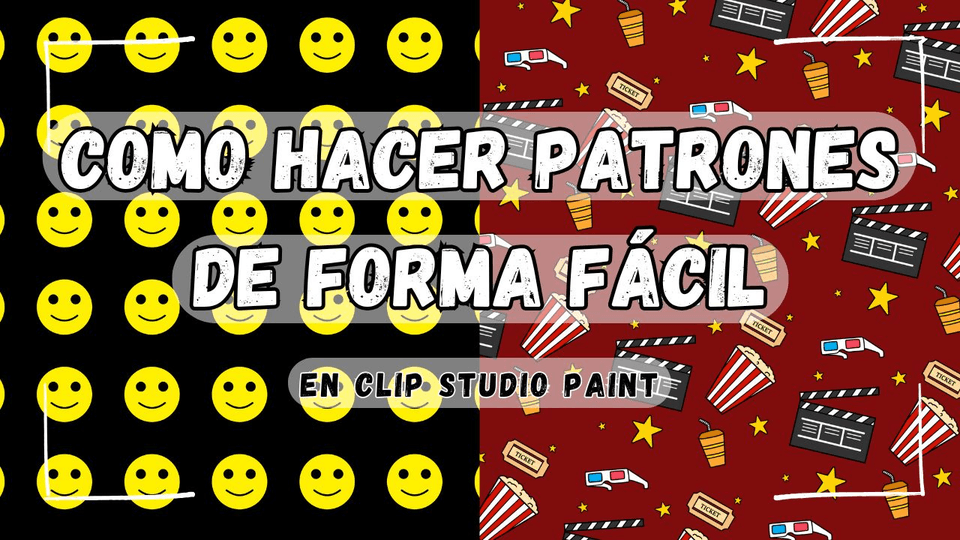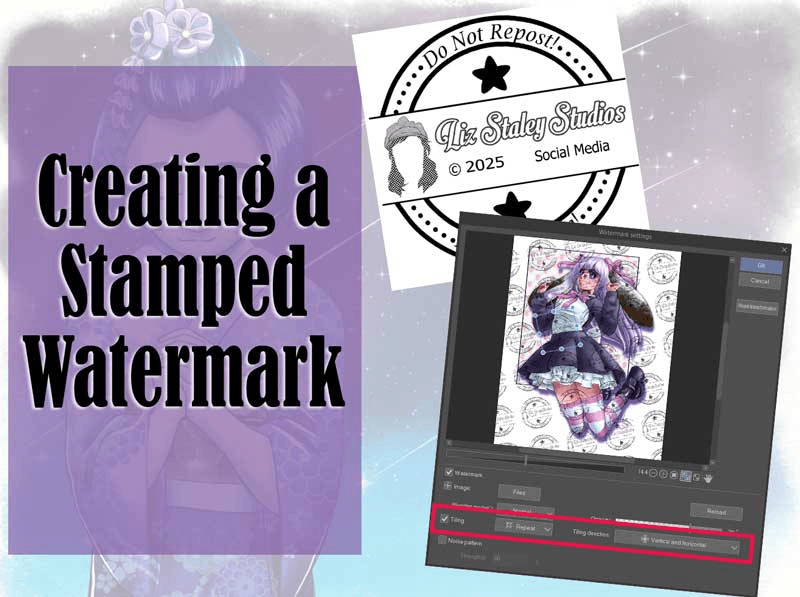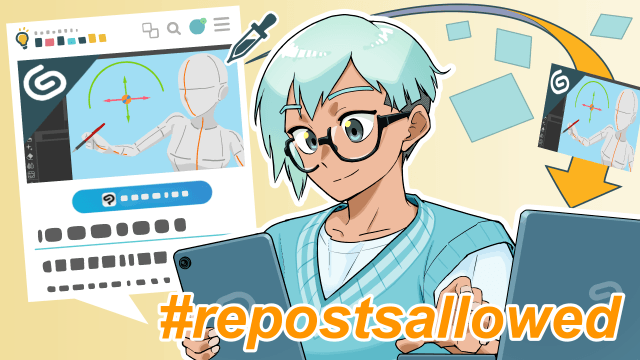Create spaces with the rules of perspective
INTRODUCTION
Perspective is one of the most useful tools for artists, as it allows us to create the illusion of depth in a 2D space.
With Clip Studio Paint, the task of creating scenarios and environments with depth and simulating a 3D space becomes much simpler, thanks to the perspective rules that allow us to work with 1, 2 or 3 vanishing points.
PERSPECTIVE
HORIZON LINE
Horizon Line: This is a horizontal line that represents the viewer's eye level. All vanishing points in a perspective drawing are located on this line. The position of the horizon line determines whether the viewer is looking from a low, medium, or high vantage point.
VANISHING POINTS
Vanishing point(s):: These are the points on the horizon line where the parallel lines of the object appear to converge as they move away from the viewer. Depending on the type of perspective, there may be one, two, or three vanishing points.
One point perspective
This perspective is characterized by having a single vanishing point. When using this perspective, the figures show their front side directly towards the observer, while the lines that form the sides point towards the vanishing point, creating the sensation that they are moving away in space.
Example:
Two-point perspective
As the name suggests, this perspective consists of two vanishing points on the horizon. Shapes created with this perspective converge toward those two points, giving the impression that objects are viewed from a corner, rather than head-on, as in one-point perspective.
Example:
Three-point perspective
In this perspective, as the name suggests, there are three vanishing points. Two of them are located on the horizon line, while the third vanishing point is located above or below the horizon line. In this case, all the lines converge towards one of these three points, meaning that they can no longer be parallel to each other, creating a sense of extreme depth and more dramatic angles.
Example:
CLIP STUDIO PAINT PERSPECTIVE RULES
To add a perspective ruler in the application, select any layer, right-click and choose the 'Rulers/Vignettes' option.
Then, we select the 'Create perspective rule' option.
When you click on that option, a dialog box will open where you can choose between different types of perspective, either 1 point, 2 points or 3 points. Select the option that suits you best and the ruler will be automatically created on the canvas.
ENVIRONMENT WITH TWO VANISHING POINTS
1.- We add the two-point perspective rule to the canvas.
2.- We draw the walls using the vanishing points.

3.- With the help of the vanishing points we can expand the space of the room, creating greater depth, adding more rooms and more walls.
4.- We place the objects in space, starting from the floor. It is useful to organize the elements on the floor as if it were a plane, we place the objects in the form of rectangles or squares.
5.- Once the objects have been placed to your preference, we are going to define a height reference for the objects. In this example we use the height of the wall.
6..- By setting the height of objects, the space may seem cluttered but as you add details, each element will begin to take shape.
7.- We shape the objects; this step is very fun, since the perspective rules make all the lines adjust automatically, making it easier to build each element in space.
8.- Once the furniture, floor and wall guidelines are ready, we remove the perspective ruler and add all kinds of details to the space.
Thank you very much for watching the tutorial, I hope it was useful to you :)


















Comment